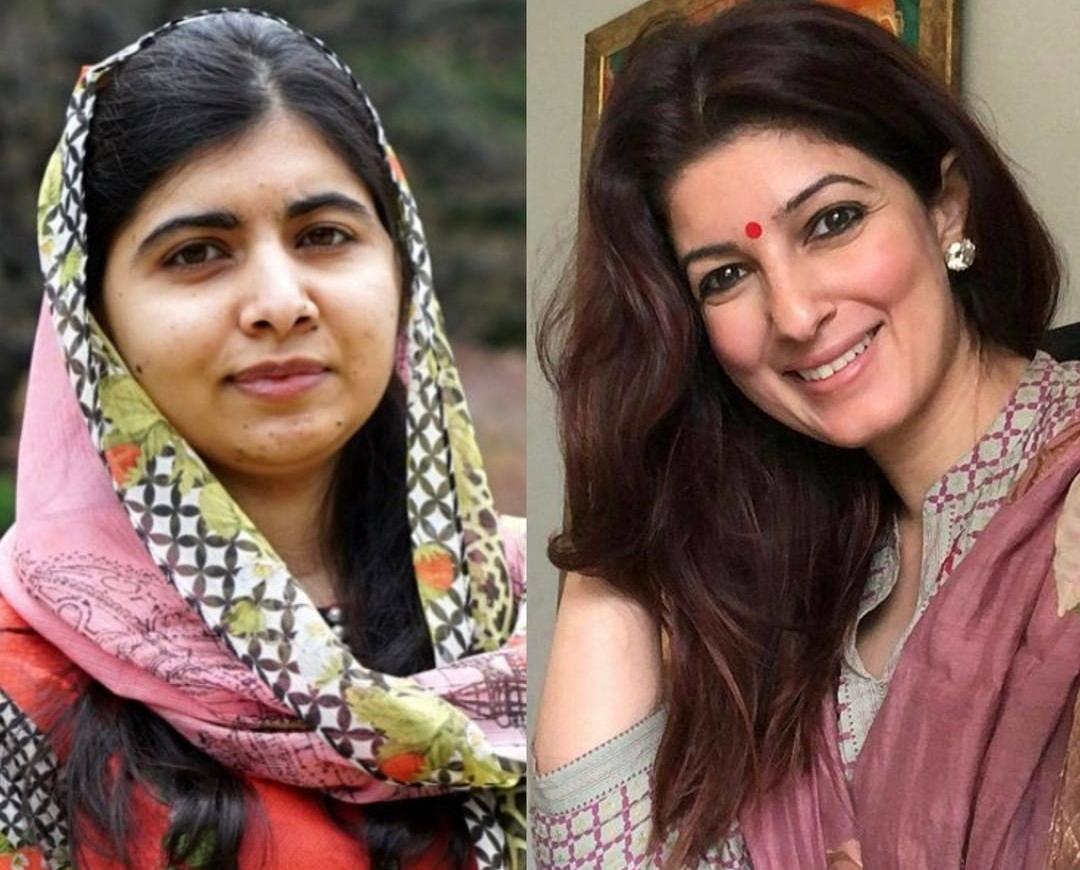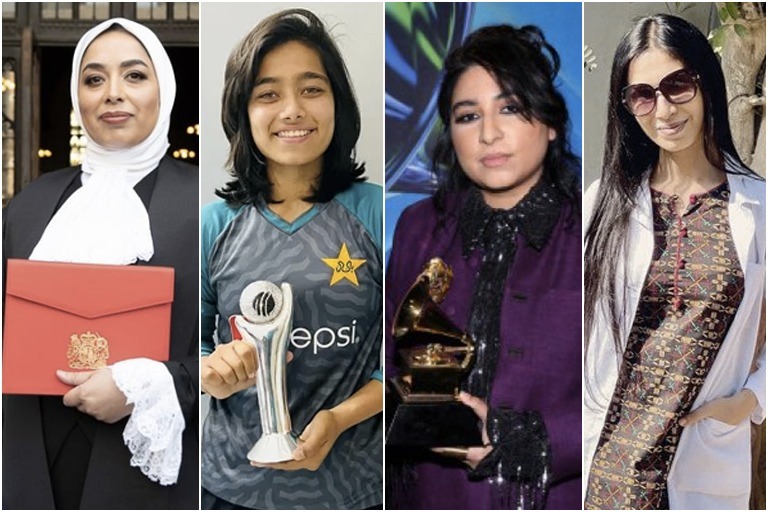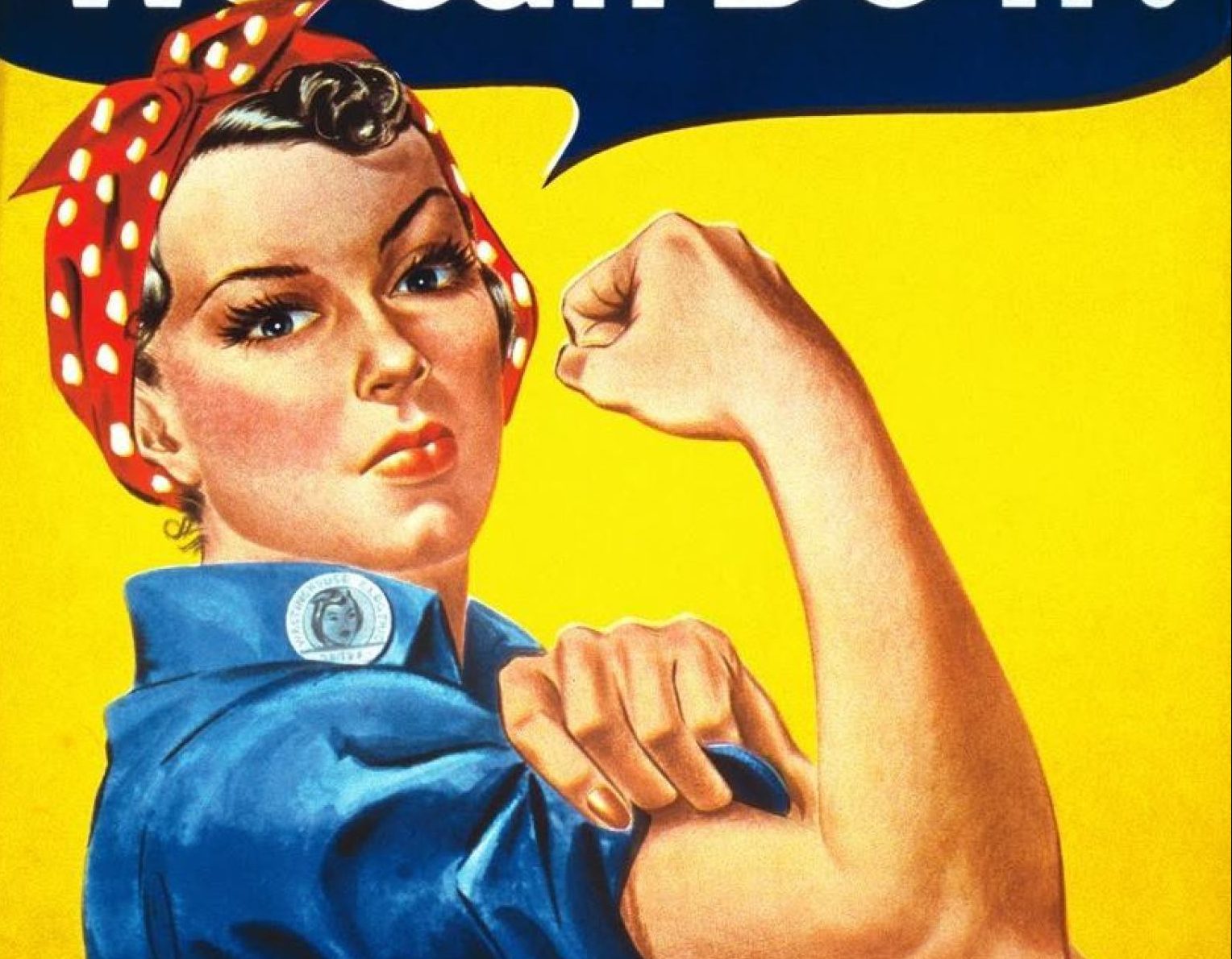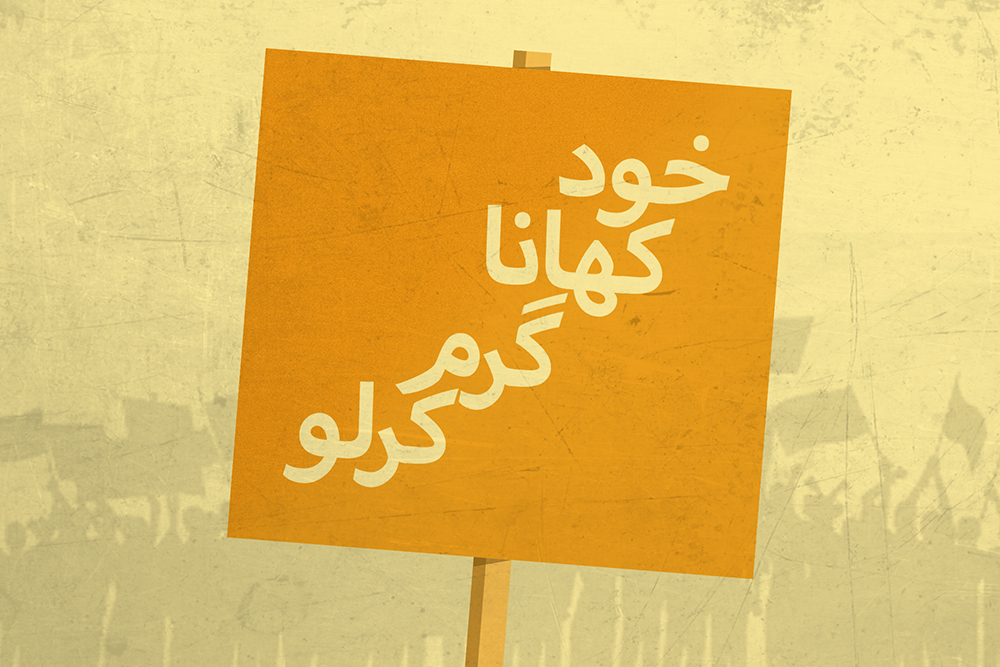KARACHI: The first session of the #TweakSummit, by Tweak India, was opened by none other than the Nobel Peace Prize winner, Malala Yousafzai as a guest and Twinkle Khanna as the host. The interview was an illuminating window into the life of the young activist who fought her way through challenges and continues to seize any opportunity she gets to make a difference in the world.
The two covered a broad range of subjects in an interview that was not only eye-opening but also heartbreaking and emotional at the point of certain revelations made by Malala Yousafzai.
Malala Yousafzai has made it evident, time and again, that her priority as an activist is education for women. She even shared the incident of her getting the news of winning the Nobel Peace Prize by one of the school’s deputy headteachers. Called from her class, Malala Yousafzai said she thought she was in trouble. “I was like what have I done?” After getting to know she had won, the school called an assembly when Malala publicly spoke for the first time in her school. “I was really nervous”, she said. After the assembly, Malala decided to take her physics class and finish her school day.
“I was 11 when there was a shutdown at school. They did not believe in the rights of women or the education of girls. For a woman to not be able to get an education means that she is more vulnerable to getting married at an early age, she is vulnerable to sexual abuse or domestic violence. She is more vulnerable to becoming a mother in her teens when she herself is a child and her dreams are taken away from her. For me, that life was the worst that I could ever imagine, so that is why I started to speak out for my right to go to school. For the rights of every girl in Swat to go school”, said Malala Yousafzai, showing how at such an early age she knew what her fight should be for.
Upon being asked by Twinkle Khanna whether or not her writing anonymously for BBC was a risk that worried her, Malala Yousafzai revealed that they were all at risk anyway. “We were all living in a conflict. Every night I was sleeping in fear because the Taliban could knock on your door, just get into your house and kill anyone.” She stressed upon speaking out because nothing would change otherwise. “Would would have been living in that situation forever.”
Twinkle Khanna pointed out that it is a “quantum leap” for a twelve-year-old girl to come to the realization that she needs to speak up for everyone and there must have been a force pushing her to keep going. To this Malala Yousafzai responded that it was her father. “He had five sisters and none of them could go to school. So he believed education is empowerment for women. Like a feminist man in action!”
She highlighted the importance of male allies to feminism as a movement with the following statement, “The role of men is crucial in this because that’s where the problem lies.”
Twinkle Khanna asked the activist what the day when she was attacked was like, and what happened. Malala expressed having no recollection of the attack and felt glad she didn’t remember any of it. It was her friend, an eye-witness who recounted the incident to her after she woke up from a coma in Birmingham, UK.
The bus was stopped by two boys, and one of the two came in the back and asked “Who is Malala?” The other girls started looking at Malala, surprised and confused and the boy figured out who Malala was. “He fired a few bullets, and one of the bullets hit me on the left side of my forehead, and two bullets hit my friends who were sitting next to me.” She asked her best friend Muniba about what Malala had done at that moment. “Did I scream, or did I say anything? She said no, you were just looking at the guy, you were just staring at the guy, and you were holding my hand so tight I could feel the pain for weeks. She said that as soon as he fired the bullet you fell into my lap.”
Malala revealed how together with the World Bank and Malala Fund, a research was conducted, findings of which were that if we educate all the girls, giving them at least 12 years of education, it will add up to 30 trillion dollars to the global economy. “We need to remind world leaders that when you invest in a girl’s education, that is the most sustainable economic thing that you can ever do.”
Twinkle Khanna sounded in awe over the young laureate’s confidence when it comes to meeting world leaders for her cause.
“You have no problem meeting the world leaders for anything. You’ll go to Obama and then talk to him about drones. You don’t seem intimidated by anybody. Are world leaders intimidated by the Nobel-Peace-Prize-winning Malala?”
To this question, Malala responded by saying she does not know, adding, “All I know, is that when I go and meet them, I will highlight the issues that girls are facing. I’ll make clear my stance on these issues, from drone attacks to women’s rights. It has been challenging because some world leaders are then not willing to meet you, because of what you say to them, and how you challenge them.”













